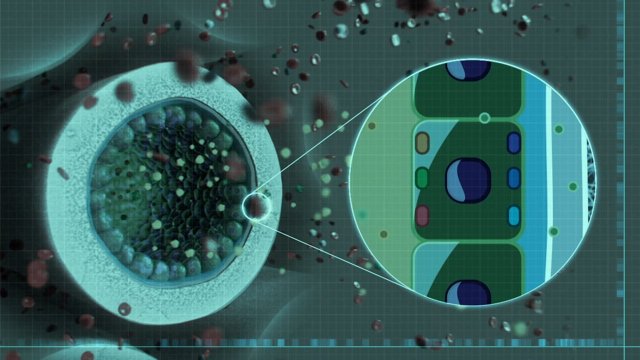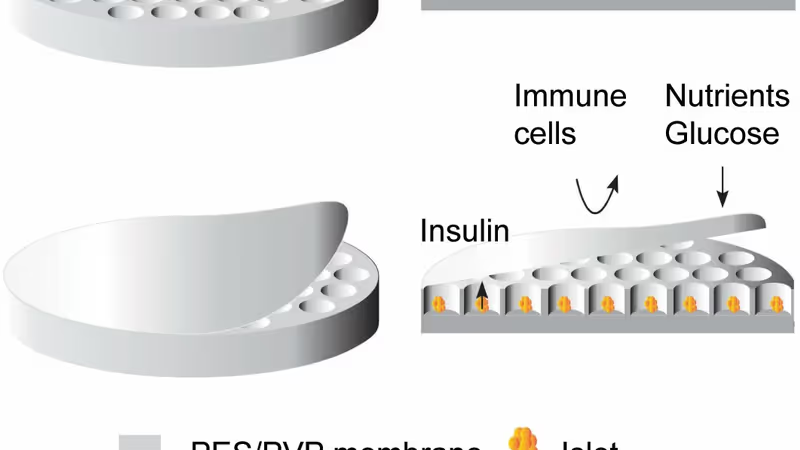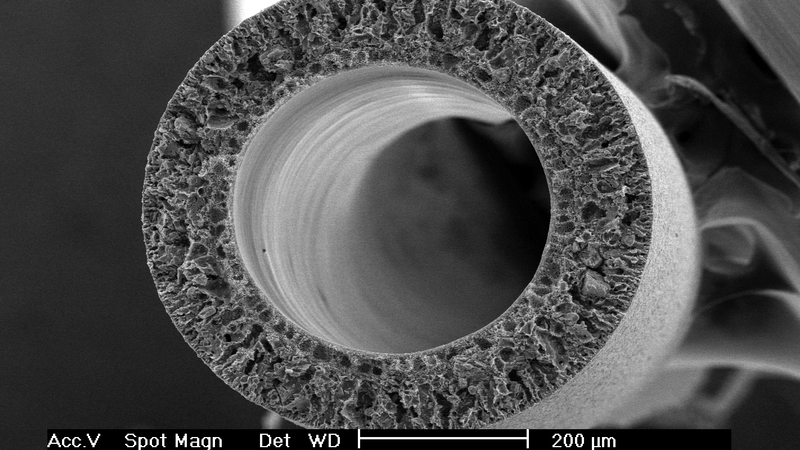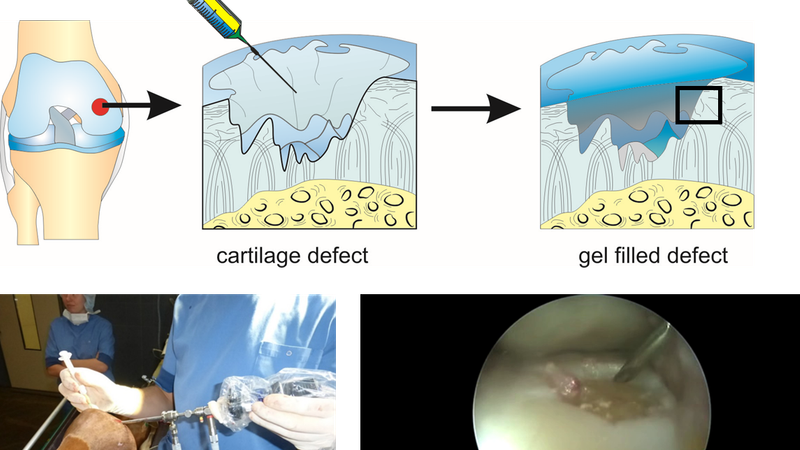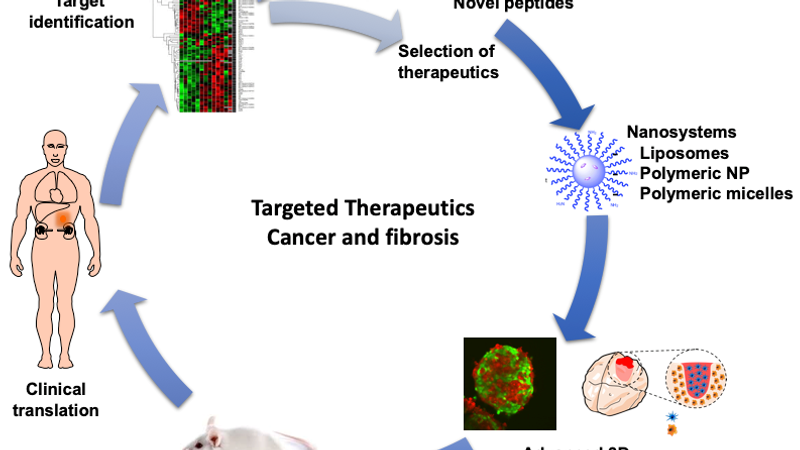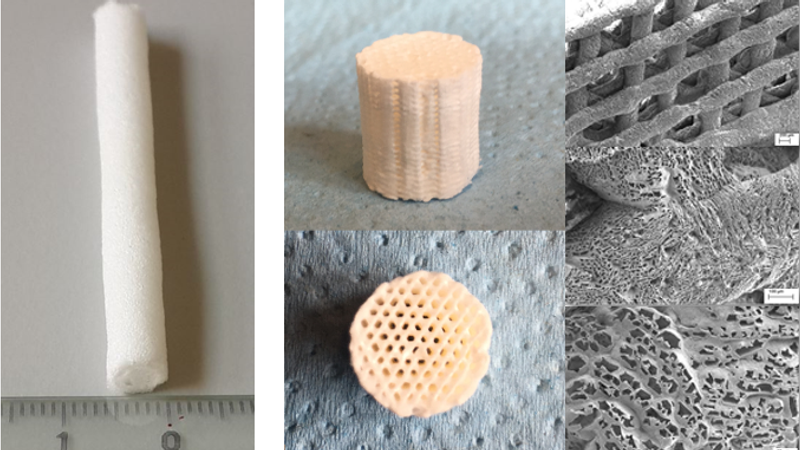The domain Bioengineering Technologies performs both fundamental and applied research with one central mission: the development of innovative diagnostic and therapeutic strategies for patients.
This mission is pursued through the application of state-of-the-art technologies at the interface of chemistry, (stem)cell and molecular biology, biomaterials and membrane science, microfluidics, microengineering and nanotechnology. The domain also provides high-level education in the above fields and creates a stimulating environment for research valorization leading to the creation of products and companies.
Broad range of applications
Our research is multidisciplinary in nature and is applied in a broad range of applications. This spans from injectable hydrogels to battle osteoarthritis, to implantable bioartificial pancreas devices to help to treat type 1 diabetes and to organs-on-chips to test the safety and efficacy of new drugs and therapies. Our students, in the bachelor and master programs of Health Sciences, BioMedical Engineering and Technical Medicine, play an active role in pursuing our mission.
Partnerships are essential in our research. We collaborate with other domains of our university but also with other academic institutions, hospitals and companies, in the Netherlands and abroad. This helps us to bundle knowledge and expertise, valorize research and ultimately to succeed in our mission: to improve healthcare through innovative diagnostic and therapeutic strategies for patients.

